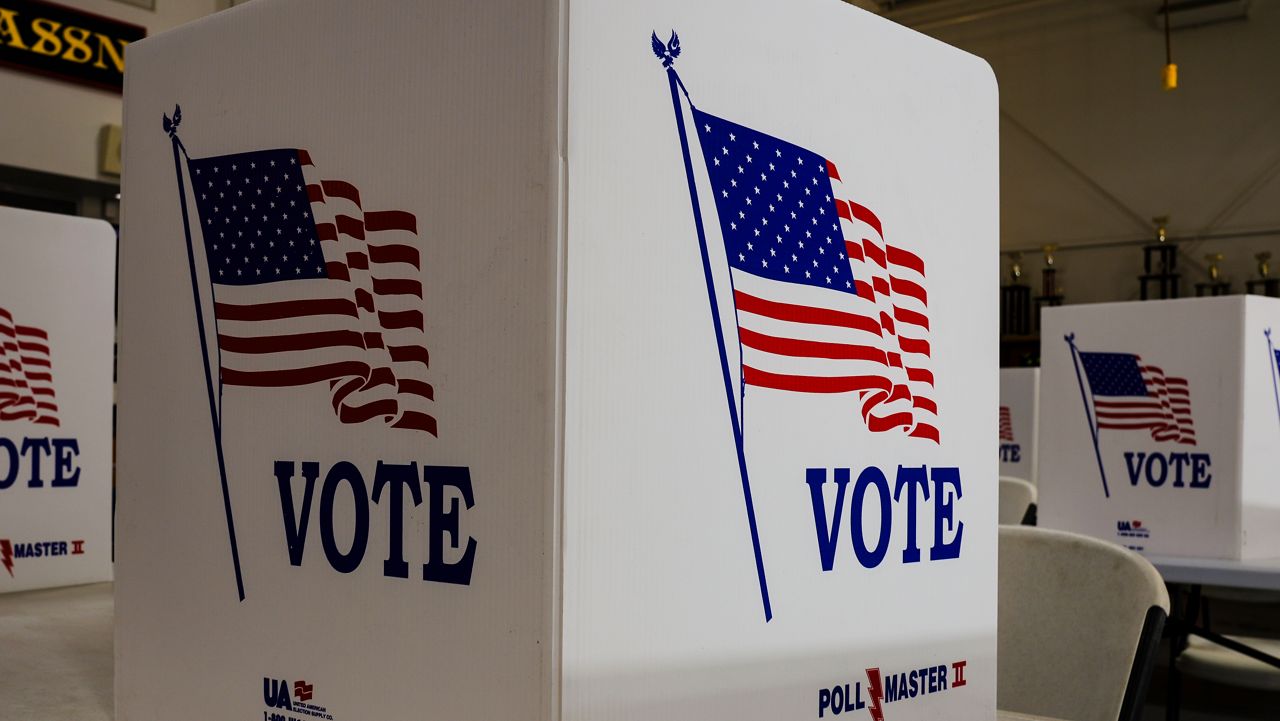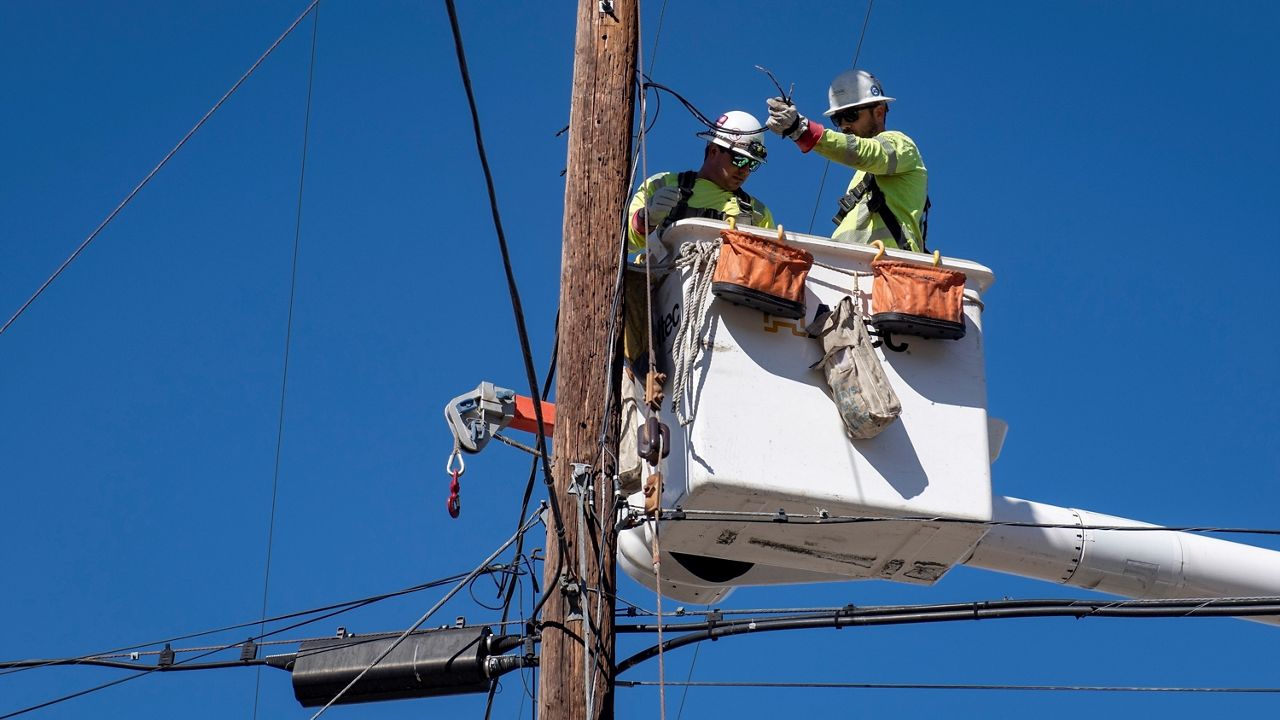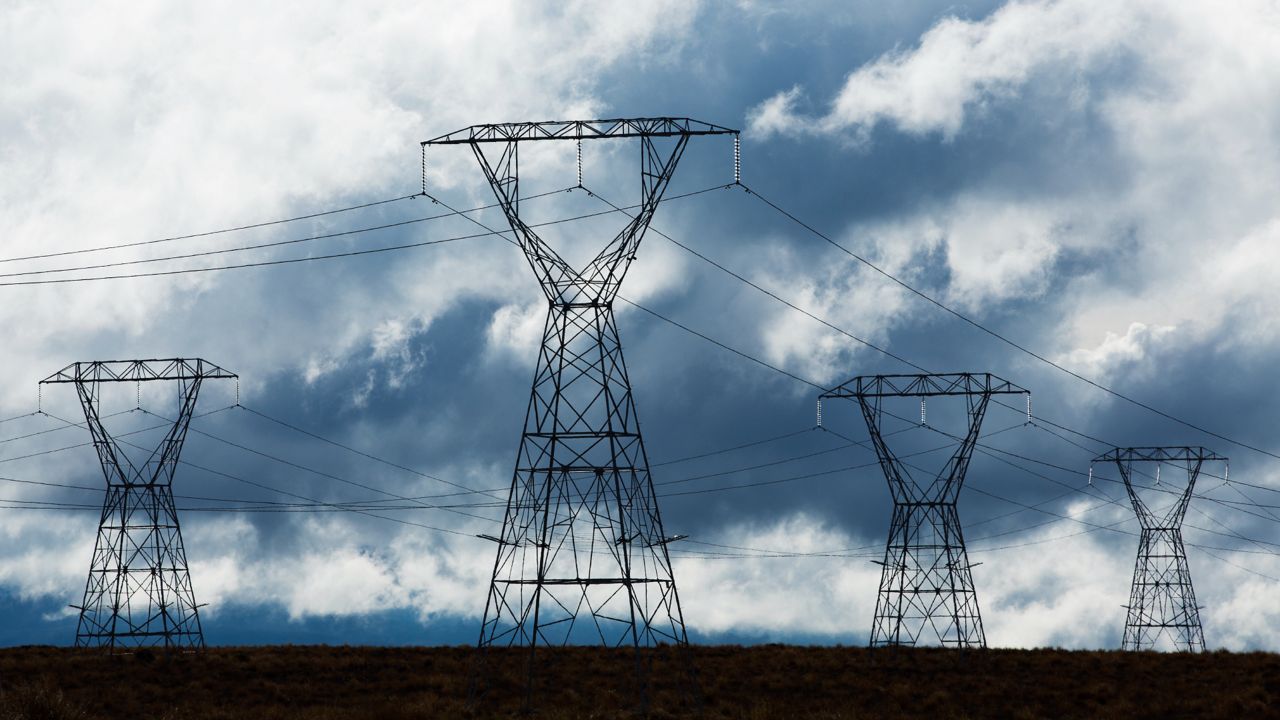One of the basic tenets of retail politics – knocking on doors – isn’t happening in our current COVID-19 environment, which means it’s a bit more challenging for candidates running for the state Legislature this year.
- Candidates not going door-to-door because of COVID-19
- More Politics headlines
- More Election 2020 headlines
First you have to get on the ballot, which happens only by 1) paying a fee to the Division of Elections, or 2) Submitting a certain number of verified signatures of registered voters in a particular voting district.
Dealing with the realities on the ground, Florida Secretary of State Laurel Lee made an emergency order earlier this month to change the law and allow signed petitions to be collected “without person-to-person contact.” That means through the internet.
“It’s been a challenge,” says Florida House District 60 Republican Jackie Toledo, who needs to get 1,262 verified signatures submitted to the Division of Elections office is less than two weeks (May 11). Toledo says she can easily afford to write a check to qualify (which is $1,718.82), but that’s not the way she rolls.
“I have the money. It’s about getting people to get engaged in the political process and know their candidates,” she says.
Toledo earned a reputation for working the grassroots hard when she pulled off an upset victory over Rebecca Smith in the GOP primary for the then open HD 60 seat in August of 2016. Smith raised more than twice as much campaign cash as Toledo did and received more significant endorsements, but the consensus was that Toledo had outworked her in terms of retail campaigning.
“I want to be able to knock on your door. People love when someone comes to their door and asks them their opinion,” Toledo says. “And right now, you can’t do that. It’s all on social media , and there’s going to be people not voicing their opinions. So, we want to hear from them, too. And when you go to someone’s door, they feel like they’re in their own territory and they’re very vocal about what their issues are. So I like that candor from people when you go to their door.”
Democrat Julie Jenkins is challenging Toledo this year in the HD 60 race. She filed to run for the seat the first week of January, and began canvassing immediately to collect signatures to qualify for the ballot.
“We truly believed in the beginning – we wanted to touch the constituents, talk to the constituents, here their issues – what they had on their minds, so along with myself and hundreds of volunteers, we did a lot of shoe leather,” she says.
Like Toledo, Jenkins says she can adapt to the new realities of campaigning, but she doesn’t like it.
“Being online is now great but we miss the fact – I miss the fact – that I can’t be out talking to the people, but we’re doing it in other ways now so, a lot of phone banking, calling them, well-checks,” she said.
Lee’s executive order came late for Florida congressional candidates, who have to pay a much heftier fee to qualify for office. Virtually every congressional candidate who qualified to be on the ballot from the Tampa Bay area did so by sending a check for more than $10,000.
There some exceptions. Pasco County GOP incumbent Gus Bilirakis in Florida’s 12thCongressional District, and Sarasota Democratic state Rep. Margaret Good running in Florida’s 16th District (vs. Republican Vern Buchanan) both qualified via signature petition, and both submitted those signatures before the state changed the law allowing electronic signatures to count to qualify.









